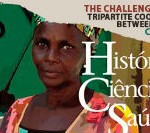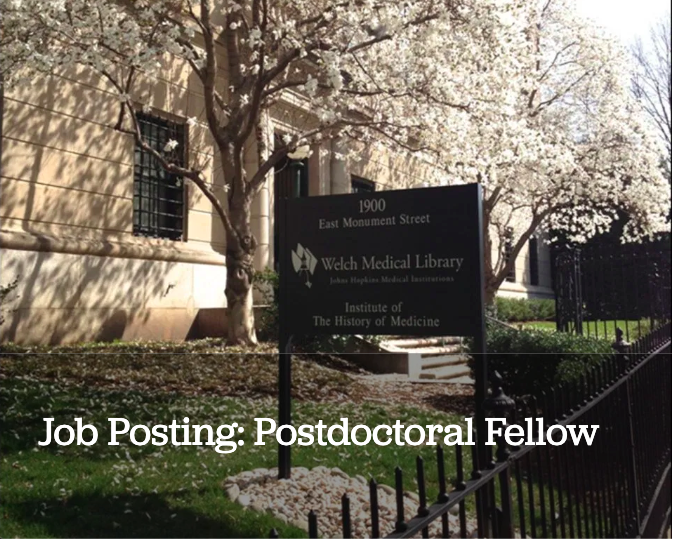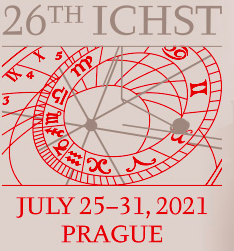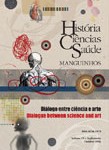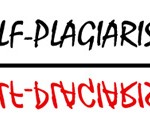Feb 2023

This article situates histories of psychotherapies within the context of adjacent fields: the relation of the history of psychotherapy to the history of science, to Freud studies, to the history of religion and religious studies, to intellectual history, to the history of psychiatry, to the history of medicine, and its place within cultural history.
Have you been in some form of psychotherapy or known someone who has? For many of us, the answer to this question will be in the affirmative. Consequently, to study the history of psychotherapy is to study ourselves – or to study something that immediately concerns us and those close to us.
Modern psychotherapies are one of the most distinctive features in the healthcare field of the twentieth century. Being initially generated in what used to be called the West, they are increasingly being exported to the rest of the so-called developing world.
The field of psychotherapy is suspended between science, medicine, religion, art, and philosophy. In
Psychotherapy’s identity crisis: opening reflections on the historiographies of psychotherapies, Sonu Shamdasani Professor and co-director of the Health Humanities Centre at the University College London situates histories of psychotherapies within the context of adjacent fields: the relation of the history of psychotherapy to the history of science, to Freud studies, to the history of religion, to intellectual history, to the history of psychiatry, to the history of medicine, and its place within cultural history.
Reference:
Shamdasani, S.(2022). Psychotherapy’s identity crisis: opening reflections on the historiographies of psychotherapies. História, Ciências, Saúde-manguinhos, 29 (Hist. cienc. saude-Manguinhos, 2022 29 suppl 1). https://doi.org/10.1590/S0104-59702022000500002
This article is part of the special issue Transcultural histories of psychotherapies: new narratives (HCS-Manguinhos 29 suppl 1, 2022), coordinated by professors Sonu Shamdasani (Health Humanities Centre/University College London) and Cristiana Facchinetti (postgraduate Program in History of Sciences and Health/Casa de Oswaldo Cruz/Fiocruz).

Vol 29, suplemento, Dez, 2022







